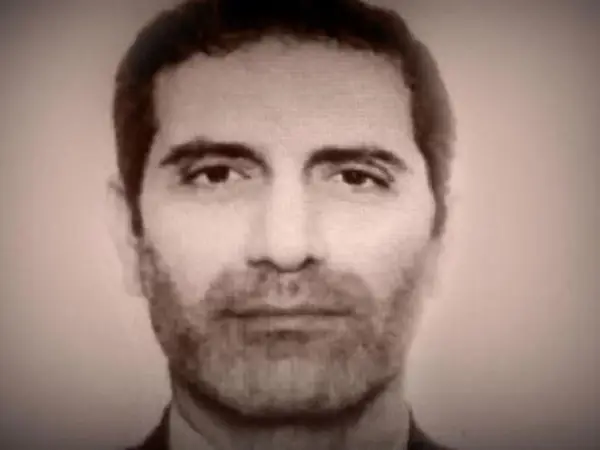A Belgian court has dismissed appeals by three accomplices of an Iranian diplomat who was convicted of plotting to bomb an opposition rally in France in 2018.
Amir Saadouni (41), Nasimeh Naami (37), and Mehrdad Arefani (58) were arrested in Brussels in June 2018 for involvement in a bombing plot masterminded by Asadollah Assadi (50), the third secretary of the Iranian embassy in Austria.
Saadouni and Naami, a Belgian couple of Iranian origin, were carrying 500 grams of the explosive triacetone triperoxide (TATP) and a detonator in a toiletry bag in their car at the time of their arrest.
The bomb was intended to be used at a gathering of members and supporters of the exiled Iranian opposition group Mujahedin-e Khalq Organization (MEK) in Villepinte near Paris on June 30, 2018.
Arefani, a former supporter of the MEK, was arrested simultaneously at Villepinte, France.
The three have accepted their involvement in the plot but claim they were coerced by Assadi, their handler, and the Iranian intelligence to participate in it. Assadi has always maintained that he did not know the other three defendants.
Iran's foreign ministry spokesman Saeed Khatibzadeh late Tuesday condemned media coverage of the court's decision as an "orchestrated attempt" against Assadi and condemned his arrest and trial as a violation of diplomatic immunity.
The Antwerp appeals court has upheld Naami and Arefani's sentence of 18 and 17 years in prison but increased Saadouni’s sentence from 15 to 18 years. “The court finds the allegation by Saadouni and Naami that they assumed that the explosives would only cause noise and fireworks to be implausible,” the judgment handed down on Tuesday said according to De Morgen, a Dutch Flemish newspaper.
“Everything was meticulously prepared beforehand and the modus operandi to be used was also discussed in detail,” the court said while declaring that there is no doubt that Assadi and the three others worked for the Iranian intelligence ministry.
Assadi, the mastermind of the operation, was arrested in Bavaria, Germany, where he did not enjoy diplomatic immunity, while he was on holiday. German authorities later extradited Assadi to Belgium. He has not appealed his twenty-year sentence.
He is the first Iranian diplomat ever brought to trial in Europe for direct involvement in terrorism. The MEK in a statement in July 2020 alleged that Assadi was a senior official of the Iranian intelligence ministry and the station chief in Austria.
In October 2020 the Belgian Police released the minutes of a meeting with Assadi that indicated he had threatened that an unfavorable verdict in his case could entail possible retaliation by unidentified groups.
Iranian officials say there are no plans to trade EU citizens held in Iran including Ahmadreza Djlali (Jalali), a Swedish-Iranian doctor that Iran says it will execute soon on charges of spying for Israel, with Iranians held in EU countries such as Assadi in Belgium or Hamid Nouri in Sweden. Swedish prosecutors have requested life imprisonment for Nouri over his alleged role in a wave of prison executions in 1988.
The trials of the four suspects and the allegation that Iranian intelligence was behind the bombing plot continues to strain Iran's relations with European countries. Tehran has always dismissed the allegations against its diplomat and in July 2018 summoned the French and Belgian ambassadors and Germany's chargé d'affaires in protest to his arrest.
Tehran accuses European countries of sheltering the MEK which it has for decades persecuted as a terrorist group. MEK which carried out many terrorist attacks of its own in Iran, particularly in the 1980s, was designated as a terrorist organization by the US State Department in 1997 but was delisted in 2012 when it renounced violence.
